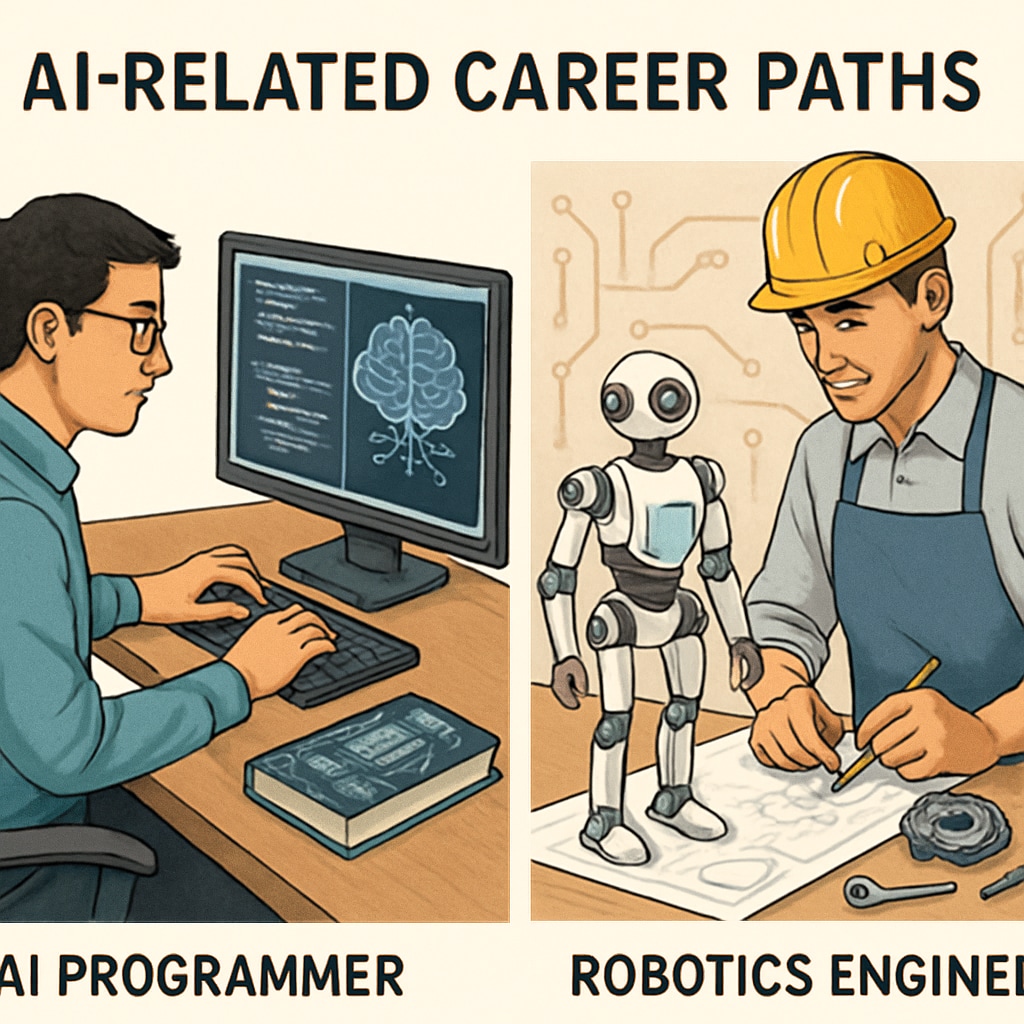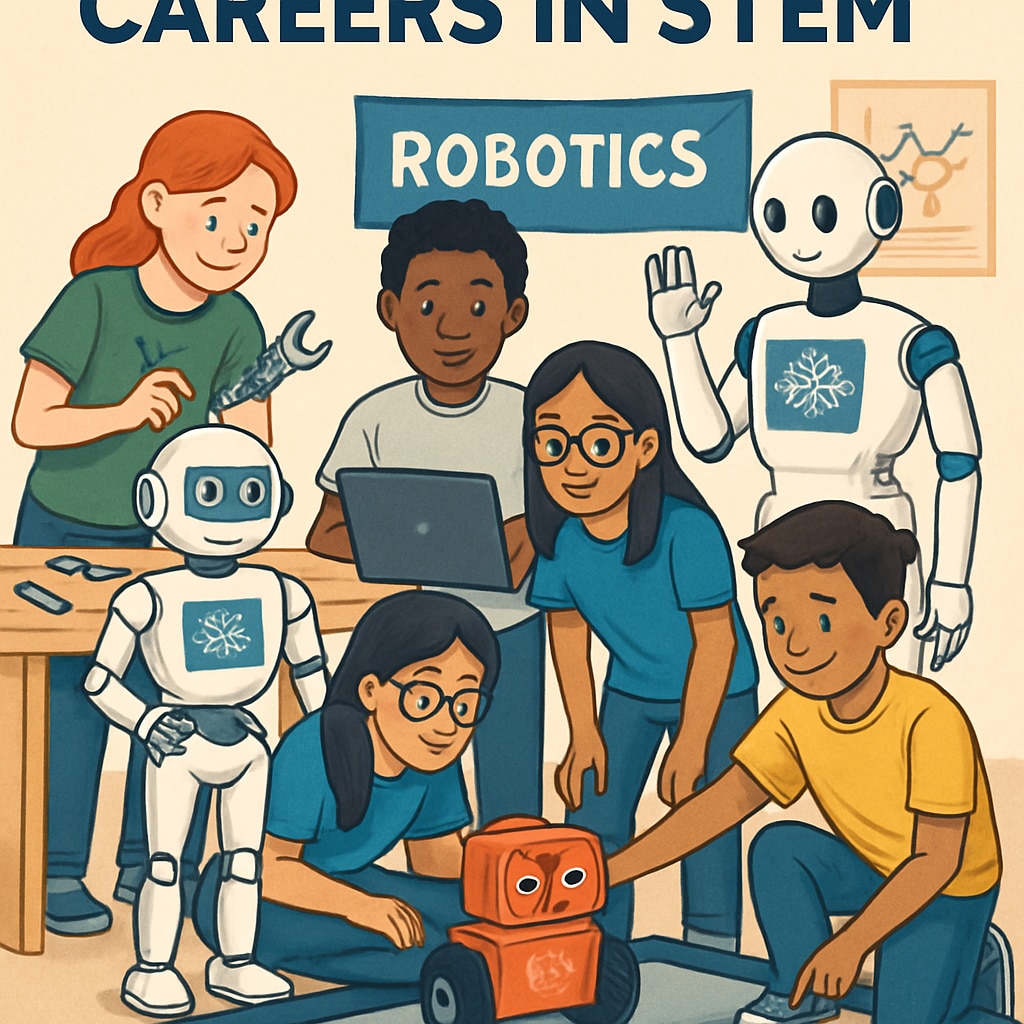The rise of artificial intelligence (AI) is reshaping industries worldwide, presenting both challenges and opportunities for young individuals stepping into the professional arena. For K12 students, career choices like programmers, engineers, and other technology-focused roles come with uncertainties about job stability and the evolving nature of work. Understanding how AI impacts career trajectories is essential for youth planning their futures in the digital era.
The Impact of AI on Career Choices
Artificial intelligence has revolutionized countless fields, from healthcare to logistics, making it a driving force in the global economy. However, this rapid transformation has also created concerns about automation replacing certain jobs. For example, routine coding tasks that once required the expertise of programmers can now be handled by advanced AI systems. As a result, young aspirants must adapt by focusing on roles that require creativity, strategic thinking, and problem-solving—skills that AI cannot easily replicate.

For K12 students considering careers in programming or engineering, the importance of specialization is more significant than ever. Rather than pursuing general programming skills, young learners should explore niche areas such as machine learning, data science, and robotics engineering. These fields are less susceptible to automation and offer exciting opportunities for innovation.
Building Future-Proof Skills in the AI Era
In addition to technical expertise, students need to cultivate soft skills to remain competitive in an AI-driven job market. These include:
- Creativity: Developing original ideas and solutions that stand out in automated environments.
- Critical Thinking: Evaluating complex problems and proposing actionable strategies.
- Collaboration: Working effectively in teams, especially across interdisciplinary fields.
Moreover, lifelong learning is crucial. Technology evolves rapidly, and staying updated with the latest advancements ensures continued relevance in one’s chosen profession. Platforms like Wikipedia on Machine Learning and educational resources such as Artificial Intelligence on Britannica provide valuable insights for students and professionals seeking to enhance their knowledge.

Guidance for Youth Navigating Career Uncertainty
While the AI era poses challenges, it also opens doors to previously unimaginable professions. To make informed decisions, students should:
- Explore Interests: Identify personal interests and their alignment with emerging fields. For example, a passion for problem-solving might lead to careers in engineering or data analysis.
- Seek Mentorship: Connect with professionals in desired fields to gain insights into real-world applications and expectations.
- Embrace Flexibility: Be open to changes in career paths as technology evolves, ensuring adaptability to new opportunities.
Schools and educators also play a pivotal role in guiding students toward future-proof careers. By integrating AI-focused subjects into curricula and providing access to hands-on learning experiences, institutions can empower youth to thrive in the modern workforce.
As artificial intelligence continues to shape the professional landscape, the ability to adapt and innovate will be key for young individuals. Whether pursuing programming, engineering, or other tech-based careers, students must embrace change, develop unique skills, and align their passions with the demands of the future.


